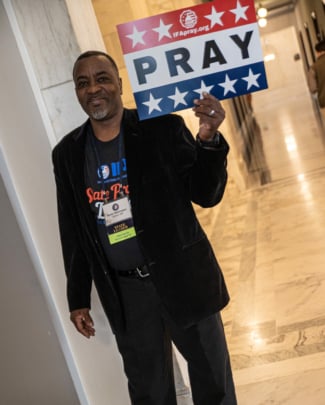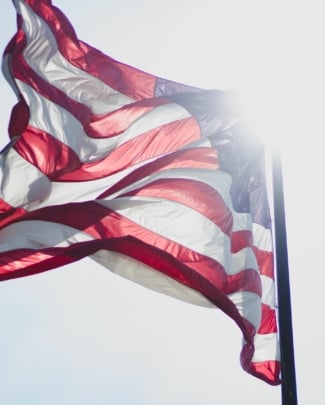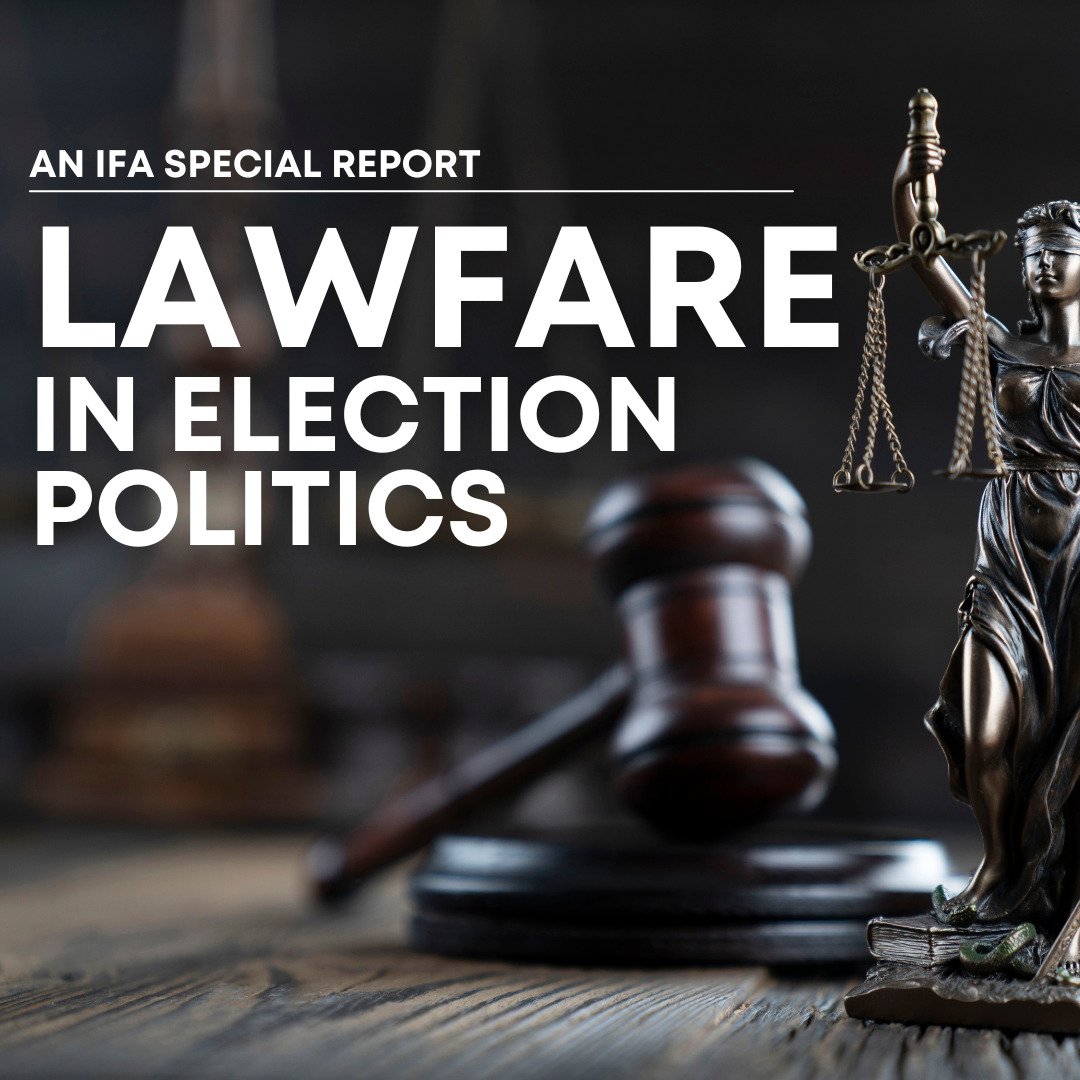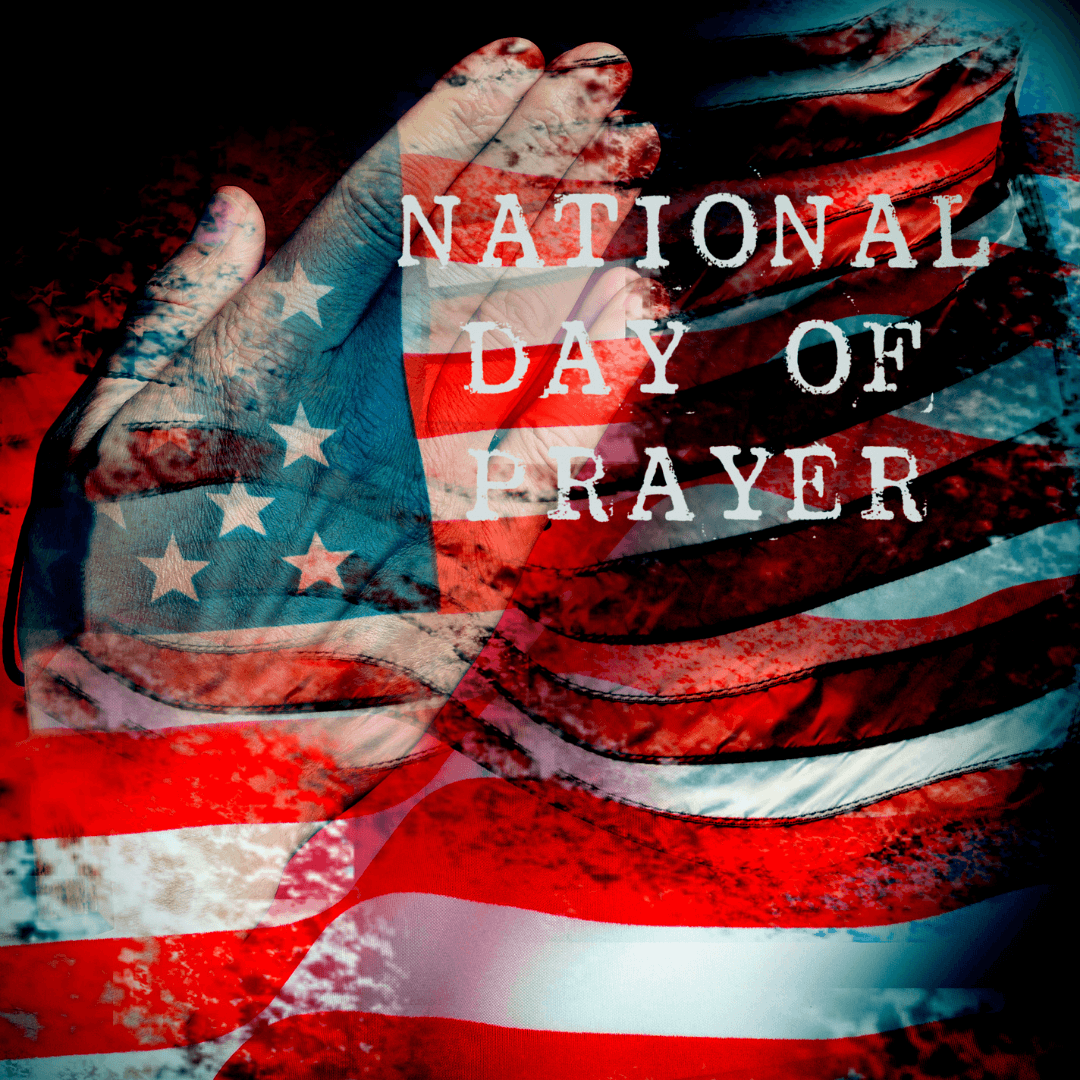WHY THE NC VOTER CASE MATTERS
WHY THE NC VOTER CASE MATTERS
As you read this article, ask the Lord to give you insight on how to pray for the discord in our country regarding elections. He is the King, and His Kingdom cannot be shaken.
They may never admit it, but the civil rights industry is tired of spending millions of dollars only to lose most voter ID fights in court. Instead of declaring defeat, the strategy has shifted to changing the rules of engagement, and trying to transform the Voting Rights Act into something it isn’t. The Supreme Court can now stop this transformation of the Voting Rights Act into a partisan political weapon, if it accepts an appeal from North Carolina.
The civil rights industry, which includes swarms of career employees in the Justice Department, has been losing voter ID fights for the better part of a decade. They have been foiled by laws which take into account that some voters may not be ID-ready, but provisions are made to service them, like in South Carolina. Judges have also noted where states extended timelines for enforcement so citizens can prepare for the change. Most important, courts have acknowledged that such laws do not target minorities and are equally applied to all. It certainly does not hurt that federal judges are aware that polling shows how voter ID is more popular among poorer minorities than wealthy liberal whites.
Because voter ID is overwhelmingly popular, and because courts have largely supported it, they are trying to change what the Voting Rights Act means. They are trying to transform the law away from a protecting against real world disenfranchisement, to a statistical game that aims to protect Democratic political power. If an election theoretically has a disparate impact on Democrats, then the Voting Rights Act is violated.
They can press this ugly transformation of America’s most important civil rights law because they have spent 30 years stoking the flames of racial polarization and trying to make “black” synonymous with “Democrat.”
Unlike most voter ID litigation, North Carolina has followed a strange path. Normally, trial courts make detailed factual findings that appeals courts cannot disturb, much less replace. The district court was appreciative of the North Carolina’s safety net for those without ID to still have access to a regular ballot. It was not lost on the court that the timeline for implementation was measured in years — not weeks. Given all of this, the district court predictably gave North Carolina’s voter ID package a clean bill of health. South Carolina had a nearly identical law approved by another federal court sitting in Washington D.C. using even more exacting review standards.
On appeal, however, the judges ruled in the exact opposite direction for North Carolina: claiming that the state went out of its way to intentionally discriminate against minorities. It did this by substituting its own version of the facts, even though appeals courts don’t see witnesses, and even though experts for the United States were found to be not credible.
This difference between two courts was because of how the Voting Rights Act was read.
Make no mistake: activist plaintiffs like the NAACP are trying to infect courts with the prejudice that although states like North Carolina are no longer under federal oversight for the past, they are still Southern and must be distrusted.
Before the Supreme Court ruled in Shelby County v. Holder that existing federal preclearance obligations were based on outdated justifications — an action in popular press falsely branded as “gutting the Voting Rights Act” — North Carolina was held to a standard of guilty-until-proven innocent any time that it wished to change even the slightest election procedure. Covered states like Mississippi and Alabama — and New Hampshire and Alaska — would have to prove the absence of discrimination. The federal government made them prove a negative before an election law could be implemented. The states under federal oversight were grabbed because of conditions that existed in 1965, a time before anyone had heard of “Star Trek” and “My Fair Lady” had just won the Oscar for best picture.
North Carolina’s election laws are no longer supposed to be judged on those unconstitutional standards, thanks to Shelby. But that didn’t stop the court of appeals from using a bold new version of the Voting Rights Act that imported those obsolete standards. Section 2 of the Voting Rights Act, the surviving provisions, requires real world causality, where someone actually suffers electoral defeat or denial of the right to vote. The law requires a real world “totality of circumstances” inquiry, not statistical games.
The dispute over how to read and enforce the most critical component of the Voting Rights Act has now landed on the Supreme Court’s doorstep. The Public Interest Legal Foundation and others have submitted briefs to support North Carolina’s request for a hearing on its voter ID law. The court of appeals transformed the Voting Rights Act into something it is not. In doing so, it converted the law into a raw partisan weapon that will be used to help Democrats.
Supporters of the Voting Rights Act should be outraged by the decision in North Carolina, not overjoyed. As a supporter of Section 2 — and someone who has brought multiple cases to enforce its protections — I fear the public will stop supporting the law if it becomes a raw partisan weapon.
There is more at stake than the integrity of elections. If the Court does not intervene, the nation could see one of the shining achievements of the Civil Rights era be politicized. (Contributor: By J. Christian Adams for The Washington Times – J. Christian Adams is the president and general counsel for the Public Interest Legal Foundation and a former Justice Department lawyer.)
“Yours, Lord, is the greatness and the power and the glory and the majesty and the splendor, for everything in heaven and earth is yours. Yours, Lord, is the kingdom; you are exalted as head over all.” (1 Chron. 29:11)
Partner with Us
Intercessors for America is the trusted resource for millions of people across the United States committed to praying for our nation. If you have benefited from IFA's resources and community, please consider joining us as a monthly support partner. As a 501(c)3 organization, it's through your support that all this possible.






Comments
No comments have been posted yet; you can be the first!